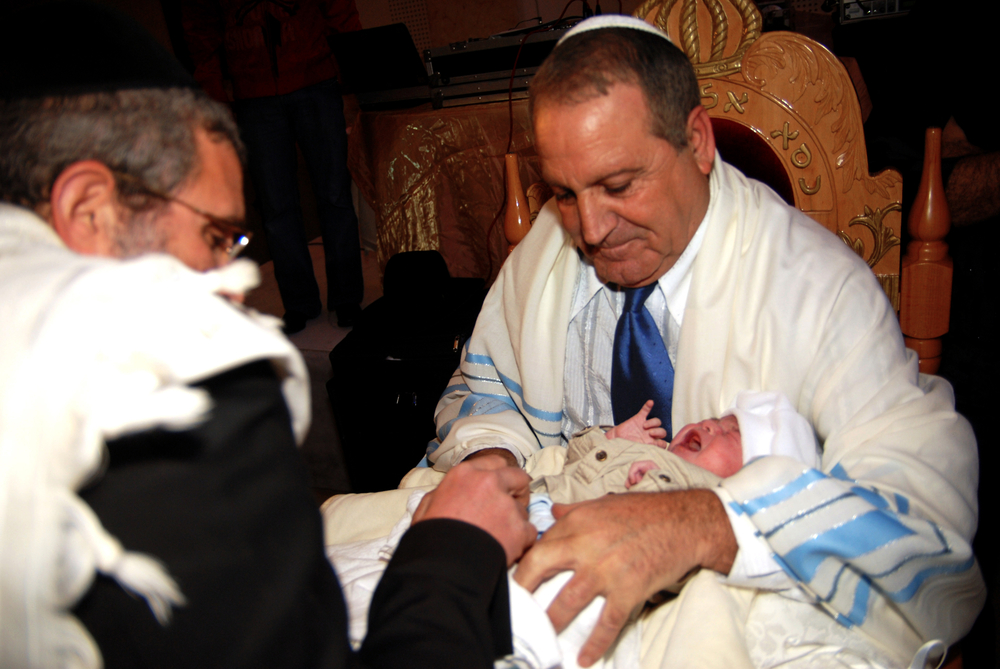Parshas Emor By Blimi Olen
In parshas emor, the kohanim are warned not to become tamei, impure, from a dead person, except for their seven closest relatives. A kohein gadol, the highest priest, is not allowed to become tamei, even for his seven closest relatives. The pasuk that says this is as follows:
ועל כל נפשת מת לא יבא לאביו ולאמו לא יטמא
And he should not come upon any dead person, for his father and his mother he should not become impure.
Do you notice anything unusual about the words in this pasuk?
Hint: it has to do with the last letter in each word.
You got it! Every two words end with the same letter: the first two words end with ,ל the next two end with,ת the next two with,א the next two with ,ו and the last two with א
Why so many sets of two in this pasuk?
A kohein becomes tamei, impure, from a certain amount of blood of a dead person.
The sets of two in this pasuk hint to us that a kohein becomes tamei even if that amount of blood comes from two dead people combined.
Isn’t it amazing that besides for what the words of the Torah actually mean, the way they are written also hints at its laws!


